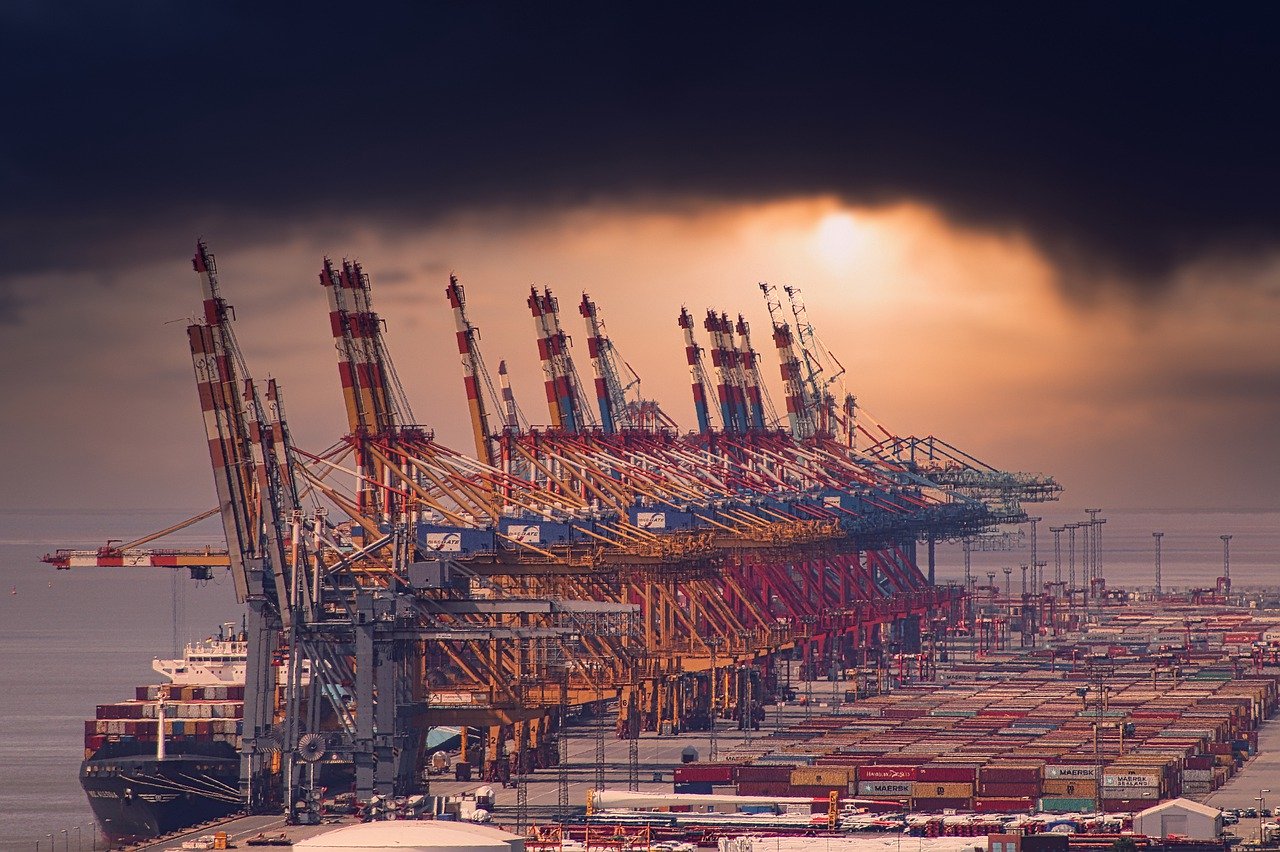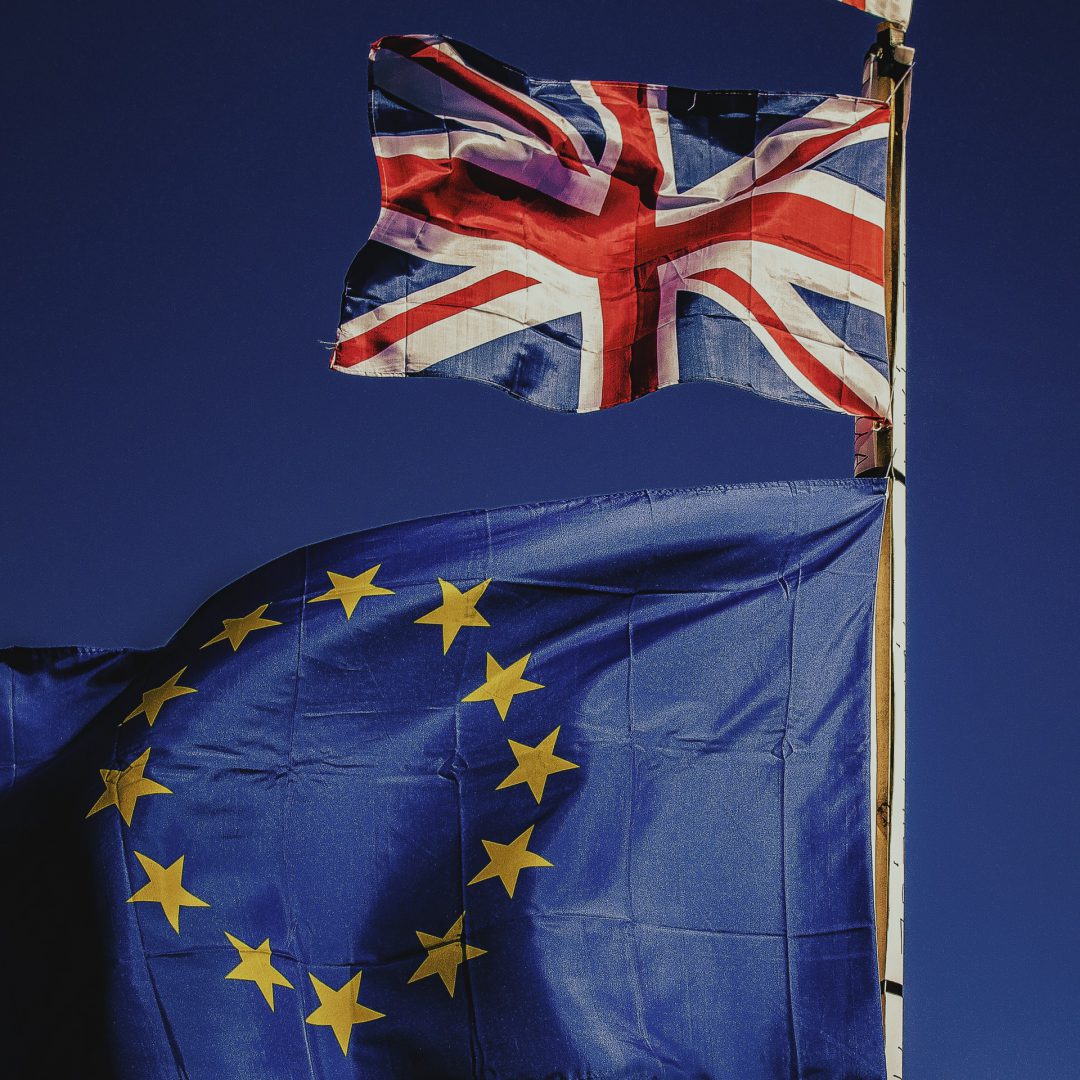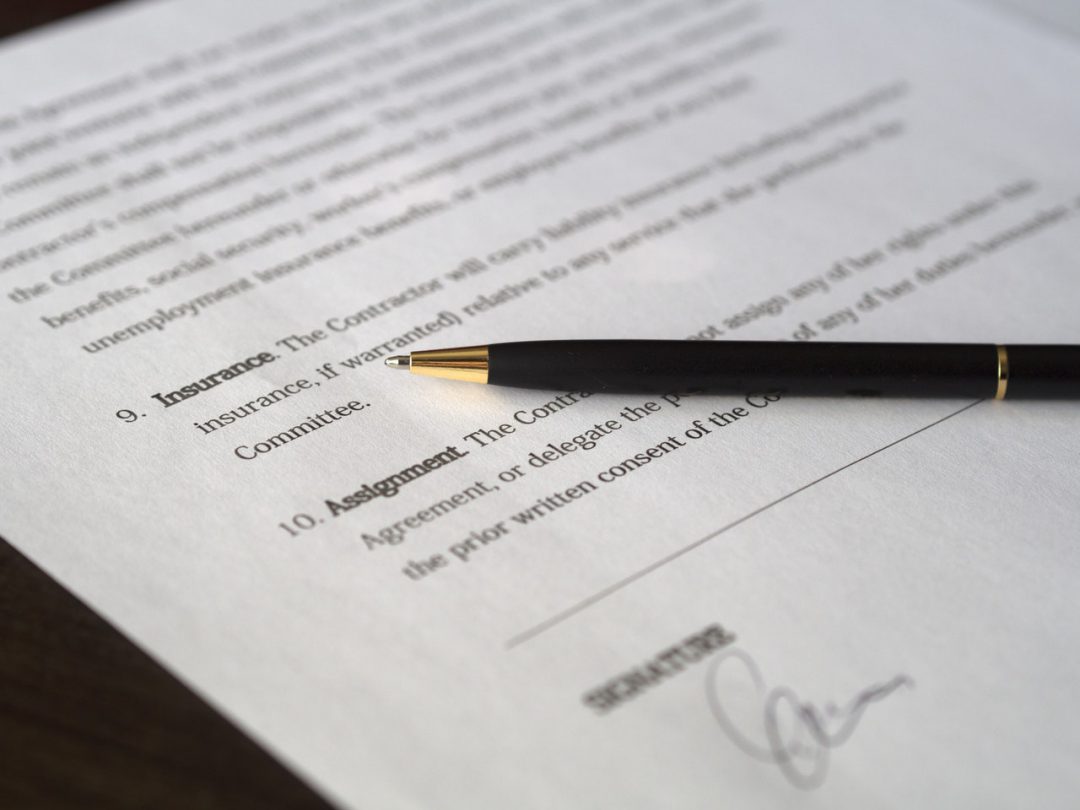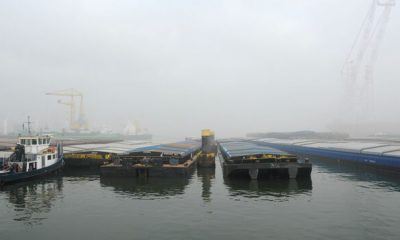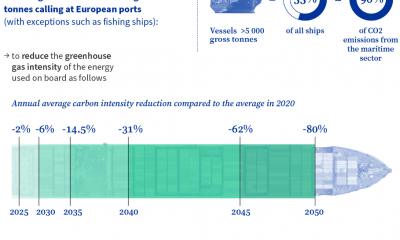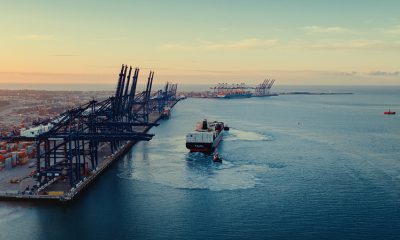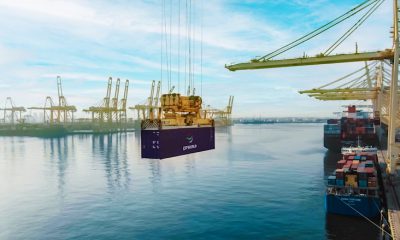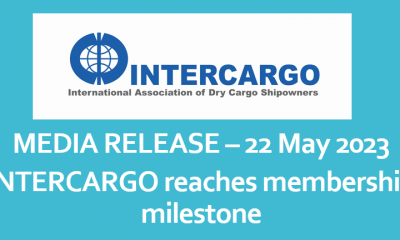The shipping industry urgently needs special regulatory measures and actions to prevent a total collapse of seaborne trade to and from the EU.
The outbreak of the corona virus (COVID-19) has developed into a catastrophic event affecting many countries and its citizens around the globe. The European social partners in the maritime transport sector, ECSA and ETF express their compassion with all people being struck by the recent developments.
ECSA and ETF consider it crucial that the EU shipping industry remains able to perform its crucial function for the European economy and its citizens. 76% of EU’s external trade is moved by sea, and 32% of intra EU transport of goods. It has to be ensured that essential goods, energy, food, medicines and many other products from outside the EU can be delivered to EU’s internal market, citizens and vital industries in all Member States and be transported as smoothly as possible between EU Member States. Without this many supply chains would be severely impacted or come to a complete stagnation, making the economic impact of the crisis even bigger than already is the case.
Therefore ECSA and ETF call upon the EU institutions to support the industry and its workforce with the challenges they are facing. Special measures and actions have to be taken with the greatest urgency to ensure that the shipping industry can play its role in supporting the EU economy to the fullest extent possible.
In view of the High Level Video Conference for European Union Transport Ministers on the implications of the novel coronavirus on transport taking place on Wednesday 18 March, we call for immediate action to reduce as much as possible the social, operational and economic impacts. The relationship between the impacts is very strong, so the impacts have to be addressed across-the-board.
Social impact
Seafarers from all over the world are providing an essential contribution making sure that international supply chains to and from Europe continue to function. The measures being taken by Member States to restrict the movement of people, in order to minimise the infection risks, whilst understandable, are having serious consequences for the movement of seafarers. Also the closure of ports is a relevant factor. As a consequence, workers, both at sea and onshore, are experiencing several issues which require immediate action.
- Movement of ships’ crews: it is of utmost importance that ships are able to dock where necessary and that crew members are able to join and leave their ships with as few impediments as possible. With restrictions at ports – and reductions in flights – this is becoming increasingly difficult. For this reason, the industry urges flexibility and assistance so as to help seafarers to continue to operate ships and be allowed to leave and return to their homes so that crew reliefs can continue to be effected. We therefore call for seafarers to be exempted from national travel bans, so that they can join their ships and keep the supply lines operating. They should also be treated pragmatically when returning home from their ships. In these critical moments, much like medical staff and security forces, seafarers are key workers and need governments to recognise them as such and afford them special consideration.
- Maximum period of service: At their own request, or due to the absence of crew replacing them and/or due to the absence of flights from their expected port of disembarkation to their home country, seafarers may have to spend longer on board ships than specified in their employment agreements or under applicable national laws applying the Maritime Labour Convention. We therefore call upon flag and port states to apply a pragmatic approach to such situations and, on a case-by-case basis, permit crew members to remain on board for a reasonable period beyond their scheduled tours of duty in view of the implications of the pandemic, bearing in mind that ships need to sail fully crewed.
- Seafarers’ certificates: In view of travel restrictions, seafarers may be forced to spend longer on board than usual as they are not being allowed to leave the vessel. Moreover, some training institutes have closed to contain the spread of the virus. This may therefore result in seafarers not being able to do the necessary training required for an extension of their certificate and therefore, one or more of their certificates may expire. This in turn could lead to problems with the vessels’ safe manning certificates and their ability to sail. We call on Flag and Port States to show pragmatism by extending the validity of the certificates by at least 3 months. In order to be effective this would require action in the regional Port State Control Regimes all around the globe.
- Job redundancies affecting on board and onshore staff: Due to the substantial impact of the imposed travel restrictions on passenger operations and the reduced cargo traffic, companies have had to adjust operations and costs to limit the impact – Member States should consider to put in place special assistance measures where possible, to safeguard EU jobs. We encourage governments to exchange on best practices already implemented in some countries, such as social protection measures for seafarers or covering a percentage of employee’s salaries.
- Access to on board inspections by specialised staff: the travel restrictions have also caused difficulties for specialised staff, such as inspectors, to access the vessels and conduct legally required inspections (safety, environmental and training). Governments should afford them special consideration in line with the considerations for seafarers’ movement possibilities.
Operational Impact
Several measures and developments are severely impacting ships’ operations globally. There are difficulties in finding medical supplies and shortage of mechanic and electronic parts for vessels. Traffic by sea between specific locations has now been stopped completely. Moreover, operational restrictions have been put in place on port calls. There is a significant increase in the number of vessels out of service due to strong operational limitations, lack of cargo or unavailability of crew.
Therefore there is need for the Commission and Member States to:
- Keep supply lines open: It is of critical importance that supply lines are kept open so that products and supplies can reach the ships and this depends on ships being able to dock where necessary.
- Certification of ships: Since dry dock availability is severely limited due to precautionary measures to contain the virus, it becomes increasingly impossible for ships to dry dock in time if renewal of the certificate requires dry-docking. Flexibility by Flag States and Class Societies is required through an extension of the validity of the current certificates by at least 3 months. In order for this to be effective this would require a global approach.
- Cruise ships have not been permitted to dock in ports of certain countries. Many cruise ships are in the process of returning to their “home port” within Europe. There are conflicting approaches across EU member states. Clear and consistent guidelines to enable cruise ships to dock are needed as soon as possible. Cruise ships require assurances that they will be able to enter harbours, berth and disembark passengers and crew, permitting repatriation.
Economic Impact
Direct economic impacts are being seen in all shipping segments. Passenger shipping – cruises and ferries – are immediately hit due to more and more countries closing their borders or restricting travel. Global shipping will decline due to the drop of global economic growth and thus seaborne trade. There will be reduced demand for tonnage especially in deep sea container and bulk. The significant reduction in oil prices is impacting the medium and long term viability of offshore ships, that just started to recover from the previous crisis, that started in September 2014.
Therefore there is need for the Commission and Member States to provide financial assistance to the industry:
- EU banks should be supported by a well-fit regulatory framework at EU level to solve the immediate liquidity issues of shipowners.
- The ECB package, as agreed to last Friday 13 March, should be made available without delay in order to make it possible for banks to continue to finance the shipping industry. EU support should also cover financing of investments that will be important for the industry to regenerate itself in the longer term.
- be flexible in the application of the Maritime State Aid guidelines, so that state aid, like the labour cost reduction schemes, can be assured for the very special situation the shipping industry and EU seafarers are now facing.
In view of the vital importance of shipping and related services for the EU and its citizens, ECSA and ETF call on the European Commission and Member States to take decisive and assertive action in facilitating the supply chains and seafarer travel, providing much needed support to the industry and workforce.
We thank you in advance for taking into account our concerns in your deliberations and we look forward to continue working with the European Commission and EU Member States.
